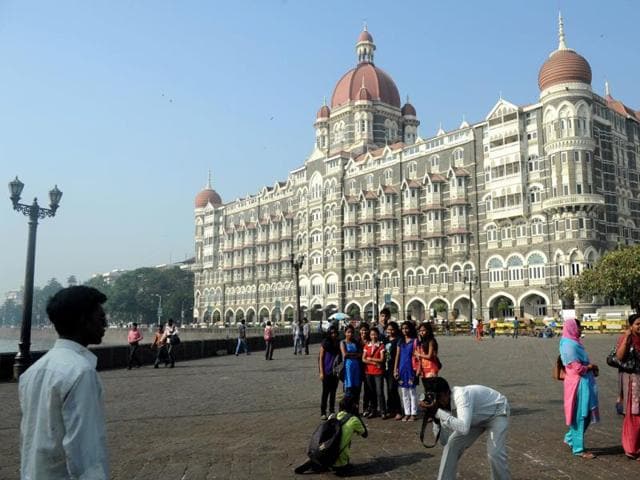A look back at Mumbai’s musical history
Mumbai had burgeoning industry and trade, and the artistes looked at Bhatia, Bania and Muslim traders as new patrons. Thus began Mumbai’s music history.
After the 1857 War of Independence, when princely kingdoms began to decline, the loss of royal patronage brought singers and musicians to colonial cities like Mumbai and Kolkata. Mumbai had burgeoning industry and trade, and the artistes looked at Bhatia, Bania and Muslim traders as new patrons. Thus began Mumbai’s music history.

In Mumbai, these artistes lived and worked in conditions that were very different from that under royal patronage. These men and women of musical arts, who came to Mumbai, had to show ingenuity in difficult situations. Some performed at weddings and thread ceremonies; there was patronage for dance performances, or nautch as they were called. Teachers from various lineages, who settled in the city, created what came to be known as gharanas or schools.
Tabla maestro, teacher and author Aneesh Pradhan gave this introduction to the city’s music history at the Sharda Dwivedi Commemorative Lecture on Thursday, at the Hindustan Times Kala Ghoda Arts Festival.
Pradhan surprised the audience, who had gathered in the lawns of the David Sassoon Library, when he said that the creation of gharanas was an urban phenomenon. He gave the examples of the Bambai gharana, which was set up table player Ustad Munir Khan, and the Bhendi Bazaar gharana.
By the end of the nineteenth century, a cultural nationalism project was being set up and Hindustani music was being looked at a symbol – a link to the Hindu Sanskrit past that had to be revived. “One way to do this was to set up institutionalised music performances,” said Pradhan.
Music clubs, including the Hindu Music Club and K N Kabraji’s Parsi Gayan Uttejak Mandali, were set up. These groups were funded by subscriptions from members. Music journals and schools, like the School of Indian Music, Trinity Club and Gandharva Mahavidyalalya taught music, and by the 1950s there were around 150 music schools, big and small, in the city. The first ticketed events, a trend that continues to this day, were held.





